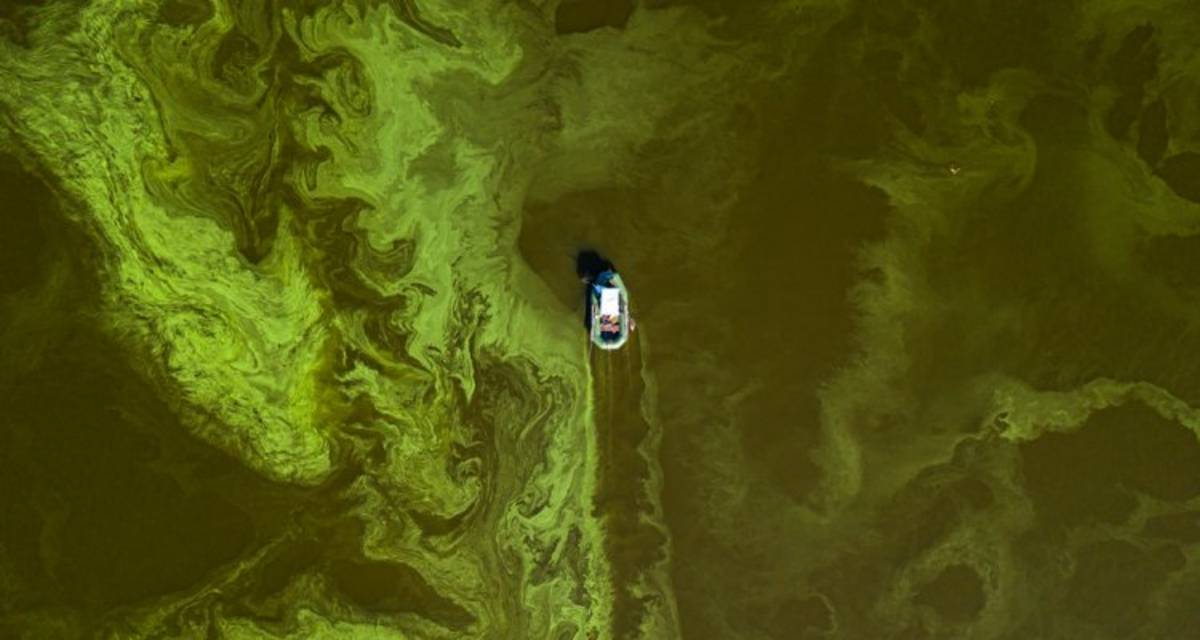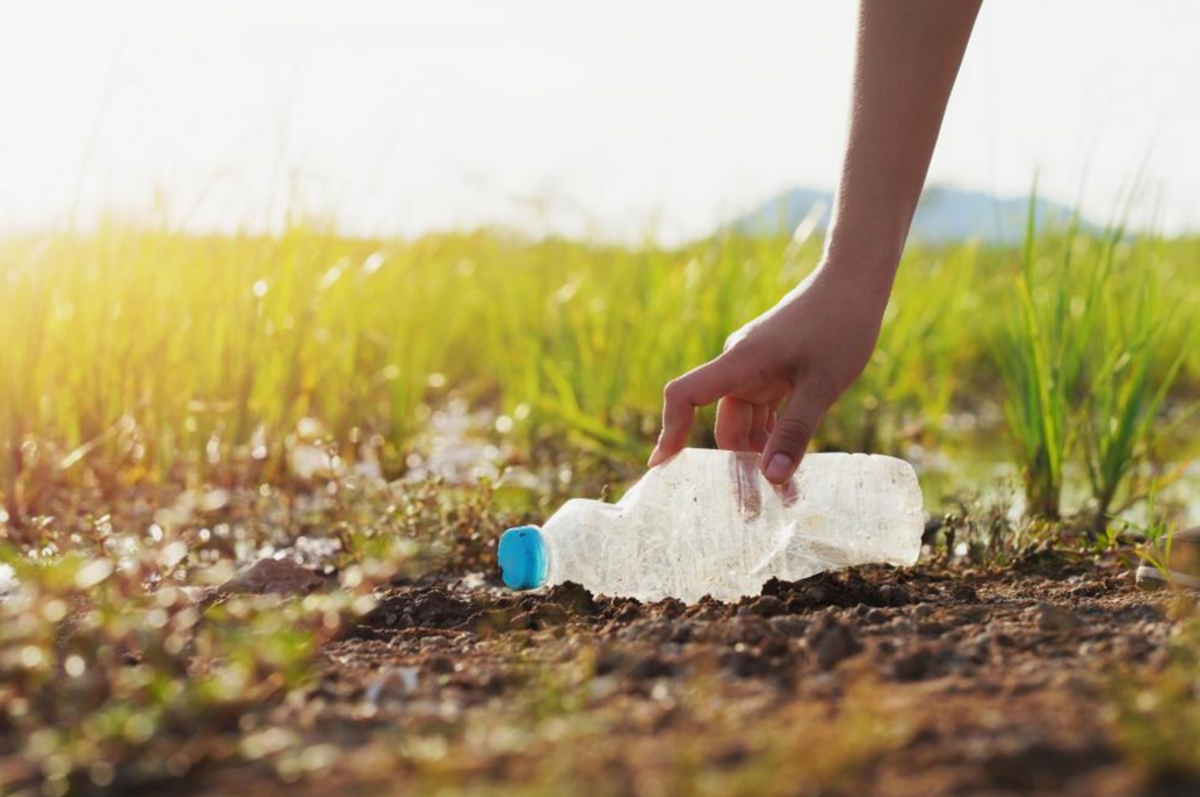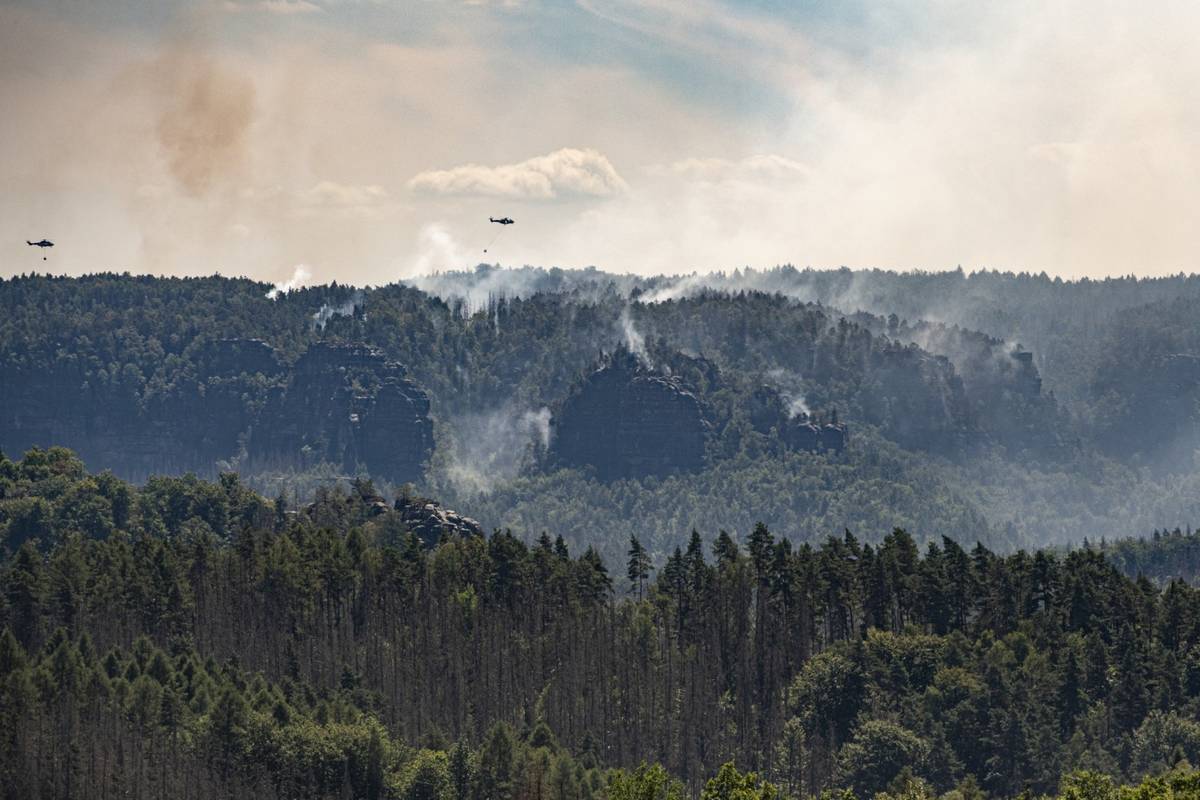You can select

Too much ‘seasoning’ in our rivers: More water scarcity due to future pollution
Many people across the world face water scarcity. Not only because of changing availability of water, but also because of pollution.
read more
Less than one-fifth of EU plastic was recycled in 2019, but 2025 targets can be still reached
Combined actions such as reduced waste export and increased separate waste collection could more than double the amount of recycled plastic in the EU
read more
Hidden health risks of endocrine disruptors?
Endocrine disruptors are chemical substances that may mimic endogenous hormones and thereby interfere with the endocrine system. The EU research project ENDOMIX, coordinated by the Helmholtz Centre for Environmental Research (UFZ) in Germany, started...
read more
Many Devastating Extremes in 2023 were amplified by Global Warming
In 2023, the world reached new record temperatures, with an unprecedented global mean temperature of 1.48°C above pre-industrial levels. These record temperatures strongly increased the intensity of heatwaves, droughts and extreme rainfall associated...
read more
A recipe for sustainable bioeconomy: collaborate, engage locally, involve consumers
The JRC put together policy makers, primary producers, consumers and businesses, tasking them with imagining the bioeconomy of the future. Policy recommendations from this exercise are now out.
read moreTraining course in hydrometry - river discharge monitoring using ADCPs, 26-29 February 2024
A very practical hydrometry training workshop on using ADCPs for river discharge monitoring
read more